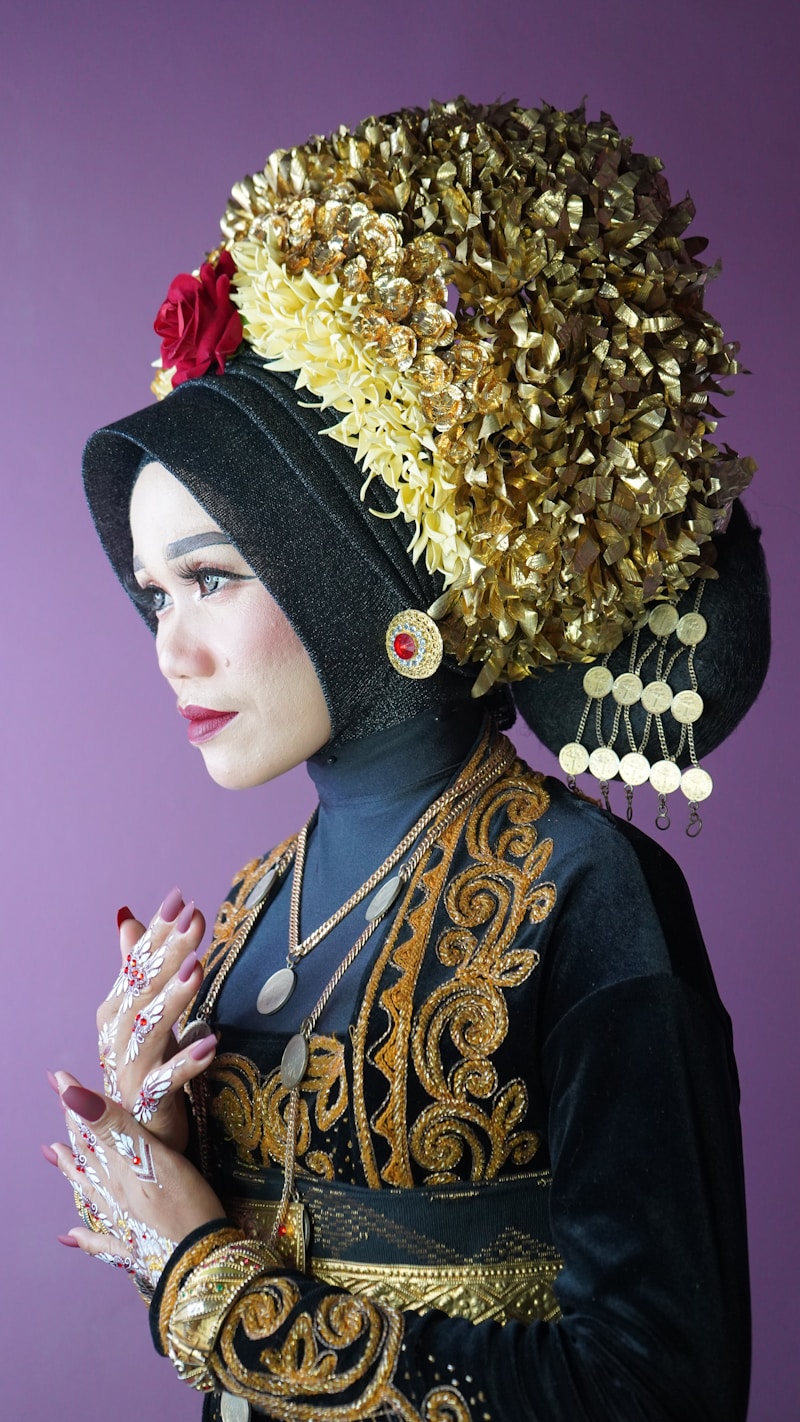Exploring the Symbolism of Hair in Wedding Traditions
Weddings are one of the most culturally rich and diverse celebrations around the world, filled with rituals, customs, and traditions that vary greatly from one society to another. One fascinating aspect is the symbolism of hair in wedding traditions, which transcends cultural boundaries and carries deep meanings. This article delves into the significance of hair during weddings across different cultures, examining how it is used as a symbol of beauty, purity, fertility, and even connection between the families of the bride and groom.
Hair as a Symbol of Beauty and Femininity
In many cultures, a woman’s hair is viewed as a symbol of beauty and femininity. This perception is especially pronounced on wedding days, where brides often go to great lengths to style their hair in elaborate ways. For instance, in Western cultures, a common tradition involves brides wearing their hair up, adorned with veils or tiaras, which highlights their features while representing the transition from girlhood to womanhood.
Similarly, in South Asian weddings, traditional bridal hairstyles can take hours to complete and often include flowers, jewels, and other embellishments. These hairstyles not only enhance the bride's beauty but also reflect her social status and the family’s cultural heritage.
Table of Hair Traditions in Different Cultures
| Culture | Hair Tradition | Symbolism |
| Western | Veiled hairstyles | Purity and modesty |
| South Asian | Intricate bridal hairstyles with flowers | Cultural heritage |
| African | Hair braiding and adornments | Community and family ties |
| Native American | Hair cutting during marriage | New beginnings |
The Association Between Hair and Fertility
In numerous cultures, hair is also associated with fertility and the ability to bear children. The idea that long hair symbolizes a healthy body and, consequently, reproductive capacity can be observed in various traditions. For example, in many Indigenous cultures, long hair is often worn by women as a representation of their connection to the earth, femininity, and the fertility of their bodies.
In some African traditions, the way a bride styles her hair can signify her readiness for childbirth. Elaborate hairstyles are often created with the intention of seeking blessings from ancestors to ensure fertility in marriage. This connection between hair and fertility illustrates the broader themes of procreation and continuation of family lineage in many societies.
Hair as a Means of Connecting Families
The symbolism of hair in wedding traditions also extends beyond the bride and groom to encompass their families. For example, in certain cultures, a bride may incorporate hair from female relatives into her own hairstyle during the wedding, signifying the support and presence of her family members as she embarks on a new life. This act symbolizes unity and the merging of families, reinforcing important social bonds.
In contrast, some cultures may have rituals involving the cutting of hair to mark significant moments in marriage. For instance, in some Native American tribes, a bride may cut her hair after the wedding ceremony to symbolize her commitment to her new husband and her new life. This act is not just personal; it resonates with community values, highlighting the collective responsibility of marriage.

Modern Interpretations and Trends
As society evolves, so too does the meaning associated with hair in wedding ceremonies. The modern bride may opt for a mix of traditional and contemporary styles, expressing her personality while still acknowledging cultural heritage. Many brides today choose to forgo traditional hairpieces or veils in favor of relaxed, beachy waves or sophisticated updos, highlighting their individuality while still embracing the importance of symbolism in their appearances.
Additionally, the rise of multicultural weddings has led to an interesting blend of hair traditions. Couples from diverse backgrounds often fuse their customs, creating unique hairstyles that reflect both cultures. This practice not only fosters inclusivity but also reinforces the idea that hair still serves as a crucial symbol during weddings.
Related Questions People Might Ask
- What does long hair symbolize in different cultures?
- How does hair play a role in wedding rituals worldwide?
- What are some traditional hairstyles for brides in various cultures?
- What significance does hair cutting hold in weddings?
- How can modern brides incorporate tradition into their hairstyles?
Conclusion: The Enduring Symbolism of Hair in Weddings
The symbolism of hair in wedding traditions is a rich tapestry woven from cultural beliefs, personal identity, and family connection. Whether it represents beauty, fertility, or the merging of families, hair serves as a powerful emblem during one of life’s most significant milestones. As traditions continue to evolve, the underlying meanings associated with hair will likely persist, reminding us of the deep cultural heritage that each wedding carries.
When planning a wedding, it is essential to consider not just the aesthetics but also the profound meanings that various elements hold. Brides and grooms should feel empowered to combine traditional and contemporary styles, allowing for personal expression while celebrating cultural significance. In doing so, they contribute to the ongoing history of wedding customs, making their ceremony uniquely theirs while paying homage to those who came before them.